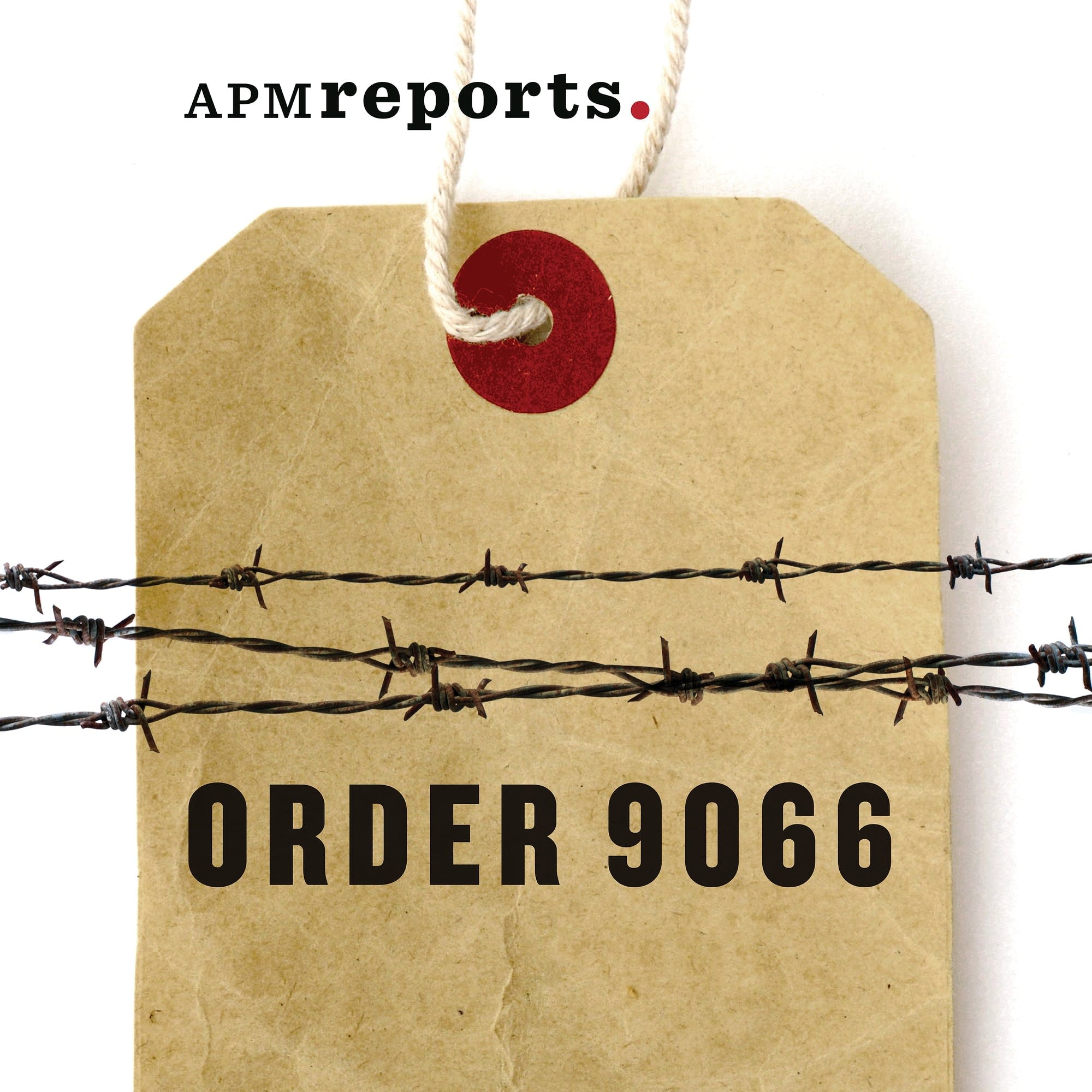Episodes
Published 07/02/18
Japanese Americans incarcerated during World War Two demand that the federal government take account of their suffering and make reparations.
Published 07/02/18
At the end of 1944, the U.S. government lifted the order barring people of Japanese ancestry from the West Coast. Many people freed from camp faced racism and poverty as they tried to rebuild their lives. Some found that leaving camp was even harder than being sent there.
Published 06/25/18
Two men who were imprisoned at Heart Mountain as boys remember their time in camp and how the experience shaped them as adults.
Published 06/18/18
The Japanese Americans who protested their incarceration and defied the pressure to prove their patriotism.
Published 06/11/18
A handmade pin tells an improbable love story from camp.
Published 06/04/18
More than 33,000 Japanese American men and women served in World War II. They fought as soldiers in Europe, and as translators in the Pacific.
Published 05/28/18
It was a time to persevere in the face of the unendurable, and to do so with dignity. The Japanese term for that is Gaman.
Published 04/03/18
Kishi Bashi, the renowned alt-rock musician, has been improvising music in places connected to the Japanese American incarceration. That includes the top of Heart Mountain, in Wyoming. Hear Kishi Bashi climb the mountain and perform a song that is part of his "songfilm" project, Omoiyari.
Published 03/26/18
In the first months of incarceration, Japanese Americans were hit with the humiliating conditions of camp life. The U.S. government denied that people of Japanese ancestry living in the "assembly centers" were prisoners, but the first summer in these camps proved otherwise.
Published 03/19/18
Musicians Julian Saporiti and Erin Aoyama perform songs about the incarceration in a former barrack at Heart Mountain in Wyoming. With a special appearance from Kishi Bashi.
Published 03/12/18
After Pearl Harbor, pressure grew to forcibly relocate all persons of Japanese ancestry from the Pacific coast. This episode tells the story behind FDR's decision to sign Order 9066, and Japanese Americans recall the painful process of leaving their lives and belongings -- and even their family pets -- behind.
Published 03/05/18
Order 9066 co-host Sab Shimono's family was incarcerated during WWII. He shares childhood memories of living behind barbed wire.
Published 02/26/18
Japanese warplanes bombed Pearl Harbor on December 7, 1941. Hours later, the FBI began rounding up people of Japanese ancestry on the West Coast. This episode explores the history of anti-Asian prejudice in the United States that laid the groundwork for an assault on Japanese American communities after Pearl Harbor. Narrated by veteran actor Sab Shimono.
Published 02/19/18


